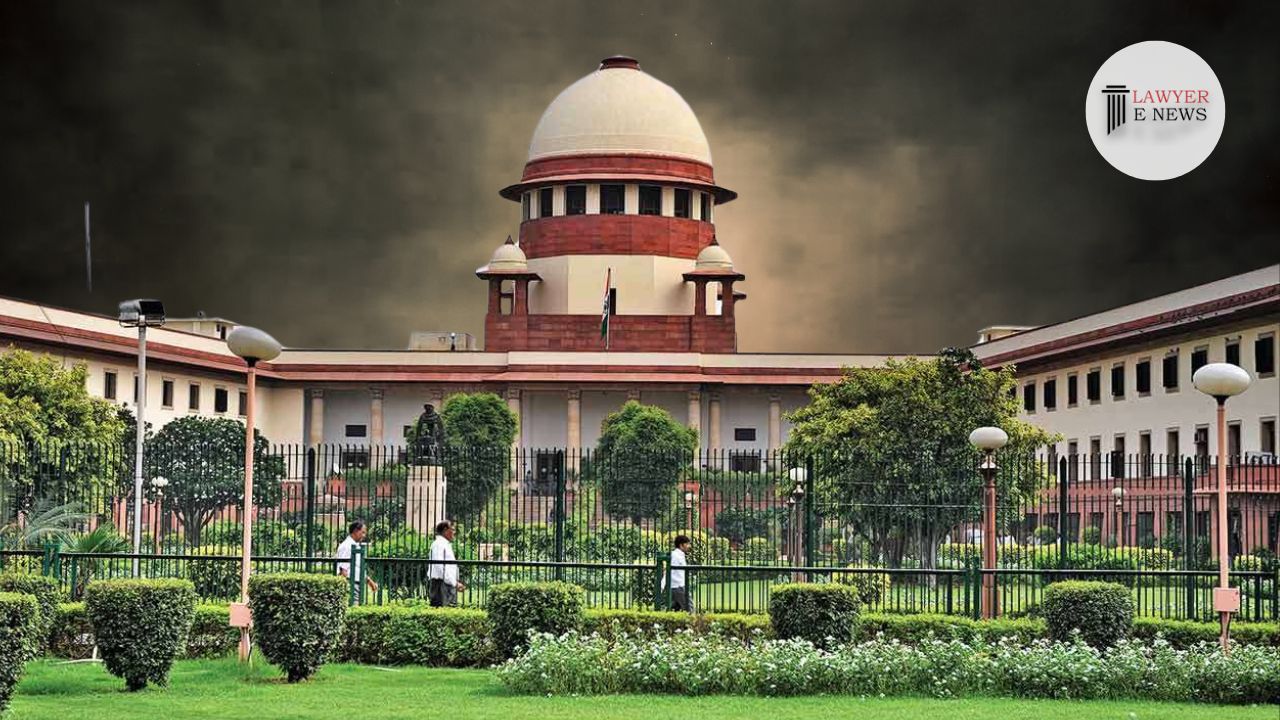-
by Admin
15 February 2026 5:35 AM



On September 13, 2024, the Supreme Court of India delivered a significant judgment in the case of Rashmi Kant Vijay Chandra & Ors. v. Baijnath Choubey & Company. The court set aside the Calcutta High Court's decision, reinstating the City Civil Court's eviction order against the tenant. The case revolved around the eviction of a tenant and the critical requirement for framing substantial questions of law in second appeals under Section 100 of the Civil Procedure Code (CPC).
The dispute between the landlord and tenant dated back nearly 90 years to a deed of settlement executed on February 19, 1933, by Harak Chand Veljee, which involved premises Nos. 37, 38, and 39, Ezra Street, Calcutta. Baijnath Choubey was a tenant in part of these premises under the trade name M/s. B.N. Choubey and Company. The case focused on alleged illegal subletting by the tenant and issues concerning the legal representation of the tenant’s trust following the death of Baijnath Choubey and subsequent trustees.
The Supreme Court, in addressing these intertwined legal issues, observed that the High Court had erred in its approach by focusing on the technicalities of party representation and failing to adhere to the strict procedural requirements under Section 100 CPC. The Court emphasized that:
A trade name or partnership firm, like M/s. B.N. Choubey and Company, cannot be regarded as a juristic person. Therefore, the suit needed to include all trustees of the trust for it to be properly constituted.
The non-joinder of necessary parties was a crucial issue; however, this was not raised in the initial stages by the respondent-defendant, indicating a waiver of this objection. The Court highlighted the principle from Gajendra Narain Singh v. Johrimal Prahlad Rai, stating that if an individual appears on behalf of a firm without objection, they represent the firm for the suit's purposes.
The Supreme Court found that the High Court had overstepped its jurisdiction by re-evaluating factual findings, particularly on the matter of subletting, which was already thoroughly examined by the First Appellate Court. Under Section 100 CPC, the High Court's role was limited to addressing substantial questions of law, not reassessing evidence or factual determinations made by lower courts.
It was incumbent upon the High Court to frame a specific substantial question of law regarding the alleged subletting and the correctness of the First Appellate Court's appreciation of evidence. By failing to do so, the High Court acted beyond its permissible bounds under Section 100 CPC.
The Supreme Court's decision reinstated the City Civil Court's eviction order and clarified the importance of adhering to the procedural requirements under Section 100 CPC when addressing second appeals. The respondent-defendant was directed to vacate the suit property by December 31, 2024, with no order as to costs.
Date of Decision:September 13, 2024
Rashmi Kant Vijay Chandra & Ors. v. Baijnath Choubey & Company
